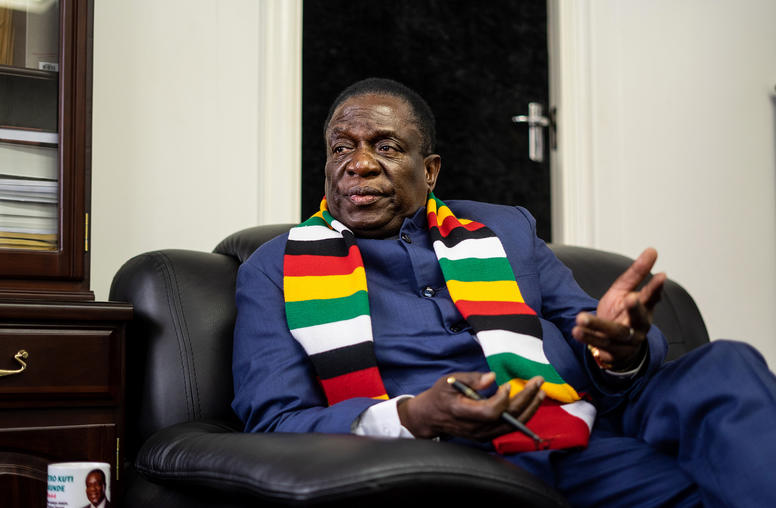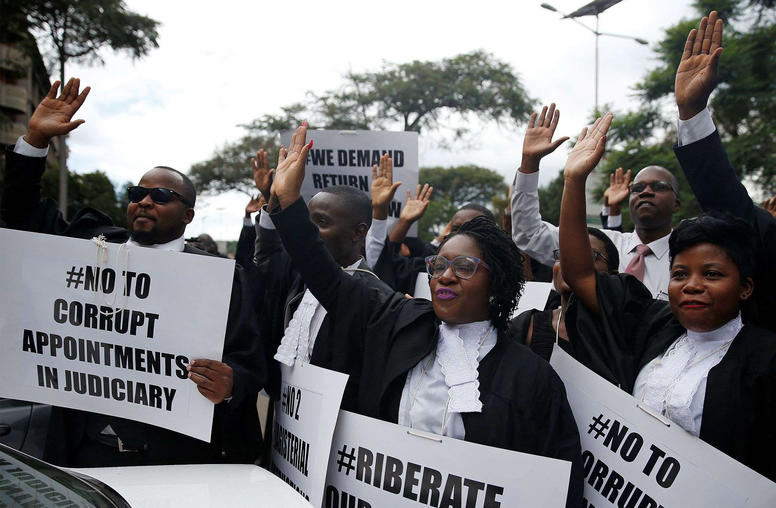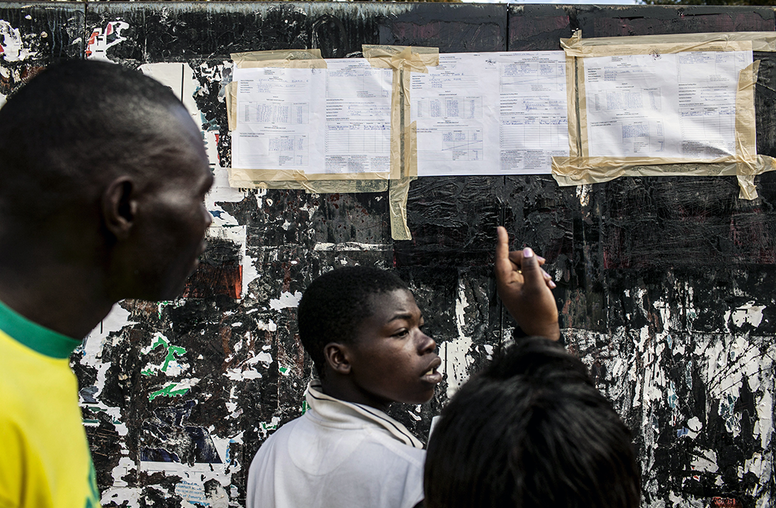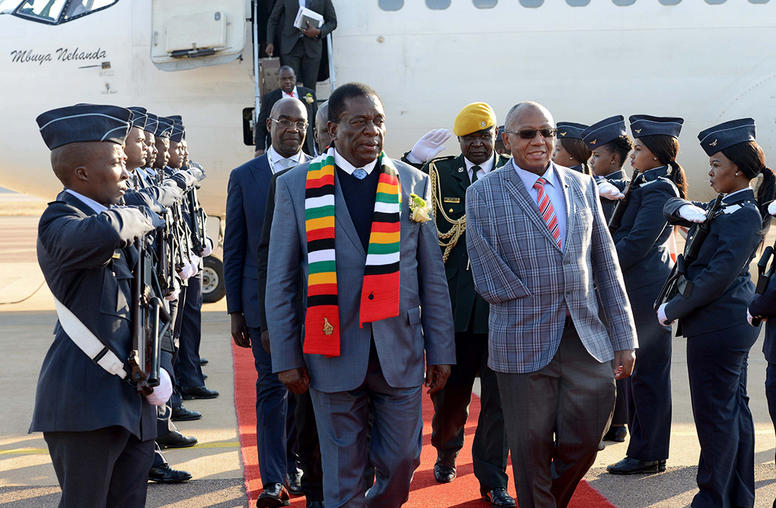Zimbabwe: Power-Sharing Deal Under Stress
The fragile power-sharing deal between Zimbabwe’s political parties is close to breaking down. Michael Bratton, a Jennings Randolph senior fellow at the U.S. Institute of Peace, discusses the latest stalemate. This Peace Brief is based on press monitoring and interviews in Harare, Zimbabwe, Washington, D.C., and elsewhere between May and October 2010.

Summary
- Zimbabwe’s coalition government is increasingly dysfunctional, mainly due to a defeated incumbent ruler’s unwillingness to surrender real executive authority to a popular opposition.
- The latest dispute over the president’s unilateral exercise of appointment powers threatens to escalate into a constitutional crisis that seems likely to be resolved only through fresh elections.
- International actors can help to bring Zimbabwe’s transition to a peaceful and democratic conclusion by guaranteeing power sharing, supervising elections, and maintaining targeted sanctions.
About this Peace Brief
Michael Bratton, a Jennings Randolph senior fellow at the U.S. Institute of Peace, wrote this Peace Brief based on press monitoring and interviews in Harare, Zimbabwe, Washington, D.C., and elsewhere between May and October 2010.



